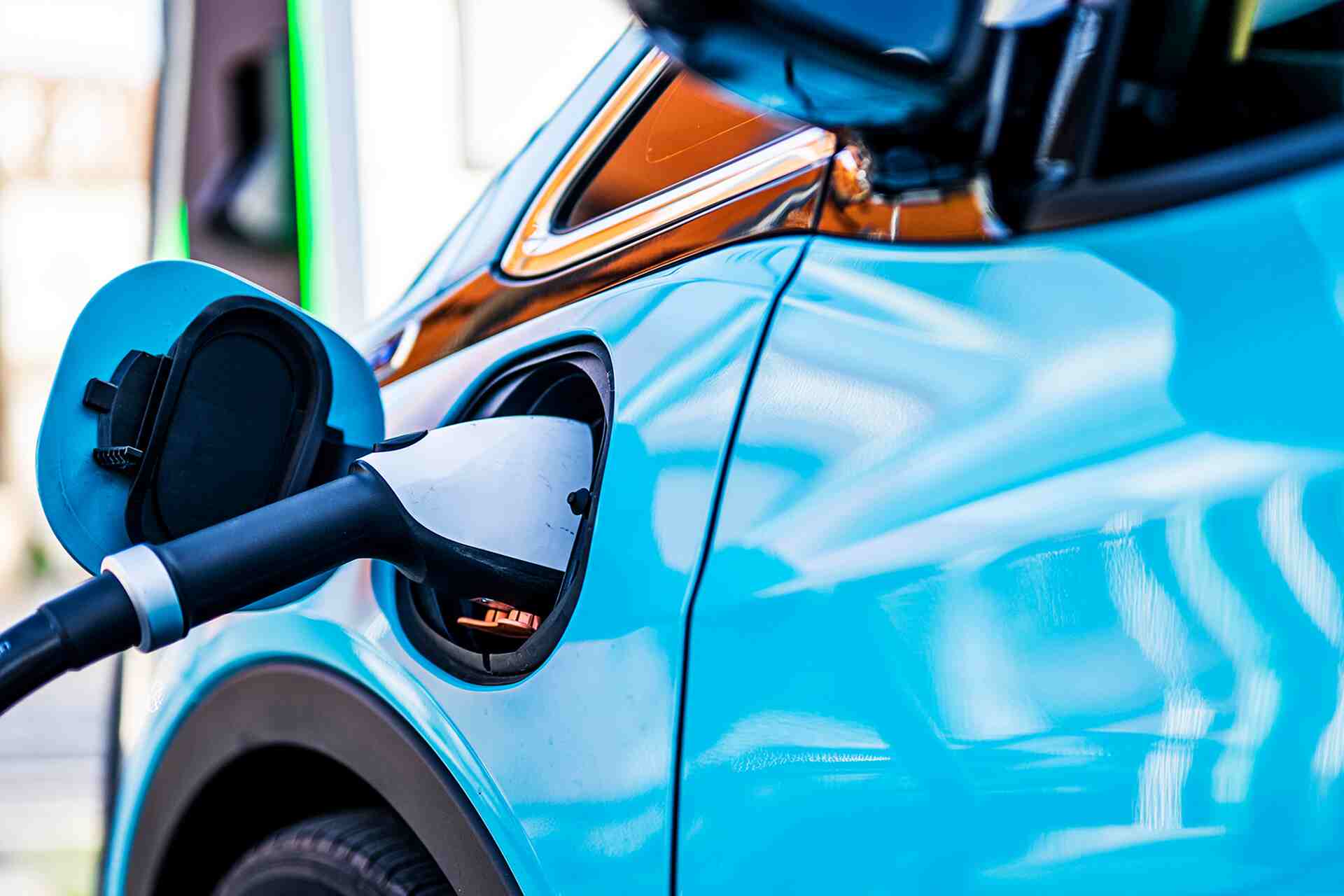The comparison between electric cars and gas cars delves into the evolving landscape of automotive technology. Electric cars, powered by rechargeable batteries, emerge as eco-friendly alternatives, contributing to reduced emissions and sustainability. They offer a smooth, quiet ride and lower operating costs, but concerns linger around charging infrastructure and range limitations. Gas cars, reliant on traditional gasoline, maintain a stronghold a well-established infrastructure and longer driving ranges. Despite their affordability and convenience, the combustion engines of gas cars contribute to air pollution. The decision between electric and gas cars hinges on individual preferences, driving patterns, and environmental priorities, highlighting the ongoing transition toward more sustainable transportation options.
The automotive landscape is undergoing a transformative shift towards greener and sustainable transportation solutions. Electric cars, powered by electricity instead of traditional fossil fuels, have emerged as a promising alternative to gas-powered vehicles. In this comprehensive article, we will delve into the numerous advantages of electric cars over their gas counterparts, exploring their positive impact on the environment, energy efficiency, driving experience, and the future of mobility. Thus, explore Electric Cars vs. Gas Cars.

More: Why Is Thanksgiving in the U.S. Celebrated on a Thursday?
1. Environmental Benefits of Electric Cars
a. Zero Emissions: Electric cars boast zero tailpipe emissions, making them an eco-friendly choice that significantly reduces harmful pollutants and greenhouse gases. By shifting towards electric mobility, we can contribute to cleaner air and combat climate change effectively.
b. Lowering CO2 Emissions: Transitioning from gas to electric vehicles plays a vital role in curbing CO2 emissions, a leading contributor to global warming. This move towards sustainability is crucial for preserving the environment and safeguarding future generations.
c. Decreased Air Pollution: Electric cars are instrumental in reducing urban air pollution, improving public health, and enhancing the quality of life in densely populated areas. With zero exhaust emissions, they pave the way for cleaner and healthier city environments.
2. Energy Efficiency and Cost Savings
a. Higher Energy Efficiency: Electric vehicles are far more energy-efficient compared to gas cars. The conversion of electricity to power in EVs is much more efficient than the energy-intensive process of refining and burning gasoline in internal combustion engines.
b. Lower Operating Costs: Owning an electric car translates to lower operating costs compared to gas vehicles. With electricity prices generally more stable and affordable than fluctuating gas prices, EV owners can benefit from long-term cost savings.
c. Reduced Maintenance Expenses: Electric cars boast simpler drivetrains and fewer moving parts, leading to reduced maintenance and repair costs. Additionally, regenerative braking systems extend brake life, contributing to further savings.
3. Performance and Driving Experience
a. Instant Torque: Electric motors provide instant torque, offering unparalleled acceleration and a smoother driving experience. This quick response enhances overall performance and driving pleasure, especially in stop-and-go city traffic.
b. Quiet Operation: The silent operation of electric cars results in a peaceful driving environment, reducing noise pollution. The absence of engine noise enhances comfort and allows drivers to enjoy the serenity of their surroundings.
c. Advancements in Technology: With continuous advancements in battery technology and charging infrastructure, electric vehicles are becoming more practical and accessible to a broader audience. Range anxiety concerns are being addressed, further bolstering the appeal of electric cars.
4. Charging Infrastructure and Convenience
a. Expanding Charging Network: The global charging infrastructure for electric cars is rapidly expanding. Charging stations are increasingly prevalent in urban areas, along highways, and at various public locations, providing drivers more charging options and convenience.
b. Home Charging: Electric vehicle owners can conveniently charge their cars at home using a standard electrical outlet or a dedicated EV charging station, eliminating the need to visit gas stations regularly.
c. Remote Monitoring and Control: Many electric cars offer remote monitoring and control features through smartphone apps. Owners can check battery status, pre-condition the interior, and initiate charging remotely, enhancing convenience.
Types of Electric Vehicles
- Battery Electric Vehicles (BEVs): Operate solely on electric power, zero emissions.
- Plug-in Hybrid Electric Vehicles (PHEVs): Combine electric motor gas engine, dual driving modes.
- Hybrid Electric Vehicles (HEVs): Blend electric motor gasoline engine, optimize fuel efficiency.
- Fuel Cell Electric Vehicles (FCEVs): Use hydrogen fuel cells for electricity, emit only water vapor.
These diverse types of electric vehicles cater to varied preferences, driving habits, and environmental considerations.
Conclusion: Electric Cars vs. Gas Cars
Electric cars stand as the epitome of sustainable and eco-friendly mobility. Their numerous advantages, including zero emissions, energy efficiency, enhanced driving experience, and charging convenience, position them as the future of transportation. By embracing electric mobility, we can drive significant positive change for the environment and pave the way towards a greener and more sustainable world. As technology continues to evolve, electric vehicles will undoubtedly become even more accessible, efficient, and affordable, further solidifying their superiority over gas cars. Let us embrace electric cars and contribute to a cleaner and brighter future for generations to come.
Discover in-depth and reliable information on Texlah, your go-to platform for insightful content.
Read more Article: Outsourcing Programming Assignments
